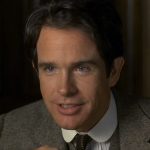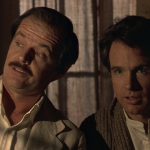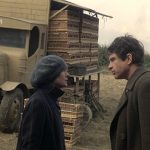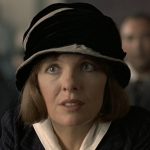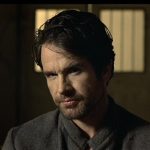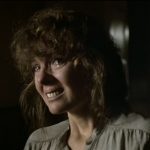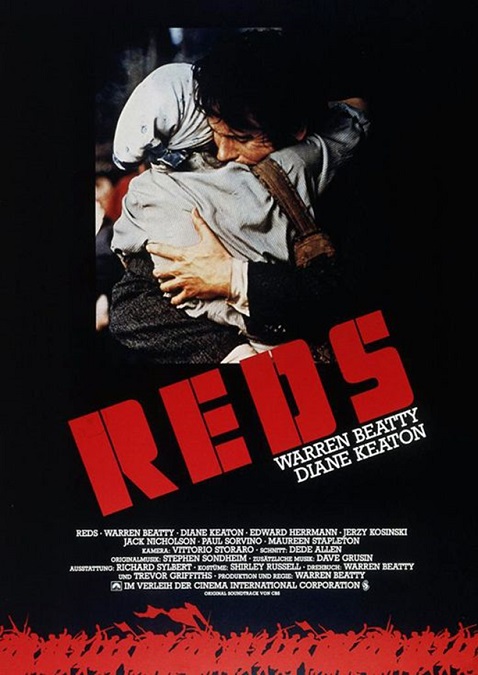
Reds – 1981
This was a well-made movie. There is no doubt about that. However, a lot of it went over my head. I have never been a very political person. I’ll be honest. Talk of politics and political history have always bored me. I have never understood much about the American Communist Party or their ideals, nor have I ever cared to. But that is what about 80% of this movie is about. The other 20% is about the romance between the main protagonist and his wife.
The movie also felt like a political vehicle for Warren Beatty. He was the movie’s screenwriter, producer, Director, and lead actor. He was obviously very passionate about the subject matter, and he made a movie that was technically a marvel. It was structured in a very clever and insightful way. The acting was first rate. The sets and costumes, as well as the set design and cinematography, were incredibly detailed and realistic. I just wish I understood half of what was being said.
But I understood the romance. I understood the love story. The film starts out as the lead character, John “Jack” Reed, played by Beatty, meets the love of his life, Louise Bryant, played by Diane Keaton. The two actors had a good on-screen chemistry, which made sense since they were a couple in real life. Jack is a passionate journalist and political activist and Louise is a passionate journalist, though she seems to have little interest in politics.
The characters and the movie’s plot are based on real historical people and events. The two had a difficult relationship as Jack was constantly leaving Louise to fight for idealistic political causes. He was a brilliant journalist and an inspiring speaker. His views tended toward counter-culture, and anti-establishment sentiments, which occasionally landed him in jail. He was a firm believer in unions and the rights of the working class.
After the two meet, they start an affair, move to Greenwich Village in New York, and then to an artist’s community in Provincetown Massachusetts to focus on their writing. They become friends with Emma Goldman, an anarchist and author, wonderfully played by Jean Stapleton, and poet/playwright Eugene O’Neill, played by Jack Nicholson. During Jack’s absence at a Communist Labor Party labor strike, Louise has an affair with O’Neill. She abruptly ends the affair upon Jack’s return.
The two marry, but Louise leaves him when he suggest that he has had casual affairs after the marriage. She goes to Europe as a war correspondent. Jack finds that he really loves her so he eventually goes to find her. The two then go to Russia to cover the fall of the Czarist Empire and the events of the 1917 Revolution. They move back to America but are parted again when Jack returns to Russia as a political activist. He is imprisoned in Finland and his health deteriorates.
To make a long story short, Louise risks her life and her freedom to find him. They are finally reunited just before his failing health claims his life. The love story was understandable. I didn’t really get all the political dogma that was being touted. As a matter of fact, the last 45 minutes or so of the nearly three and a half hour movie was just gibberish – Jack standing in front of large crowds of people who didn’t speak English. He was shouting, the crowds were shouting, and I couldn’t even understand was being said, let alone what they were speaking about.
But there was one aspect of the film that was really genius: the Witnesses. All of the film’s exposition was wonderfully provided by a large group of really old men and women. They were real people who had known the real Jack Reed and Louise Bryant. They were interviewed in the style of a simple documentary, but the footage was spread out, inserted into key transitional moments in the narrative to set the scenes in a really fascinating way. They gave first hand commentary, not only on Reed and Bryant, but on the events of the times. The offered real and sometimes differing opinions on the couple, their friends, and their tumultuous relationship. I have to really give Warren Beatty credit for such a great plot device.
It is interesting to note that Beatty, Keaton, Nicholson, and Stapleton were all nominated for Best Actor, Actress, Supporting Actor, and Supporting Actress, though only Stapleton took home an Oscar for her performance. Beatty got one, but for Best Director.
